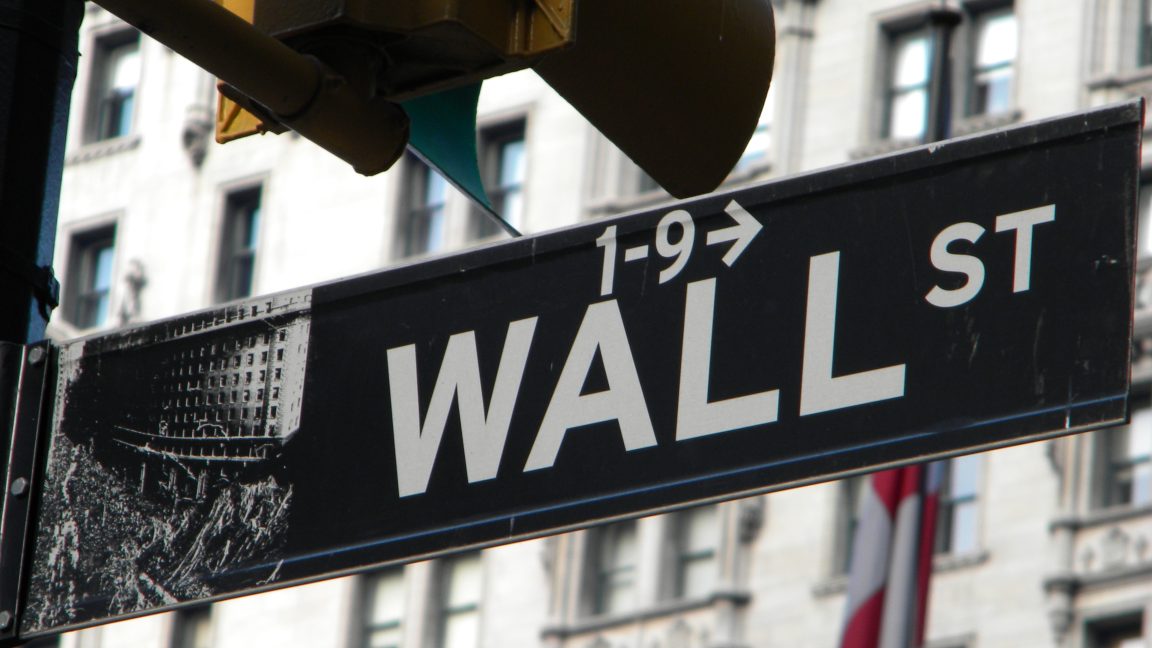
"Since 2022, Republican lawmakers in Congress and state attorneys general have sent letters to major banks, pension funds, asset managers, accounting firms, companies, nonprofits, and business alliances, putting them on notice for potential antitrust violations and seeking information as part of the Republican pushback against "environmental, social and governance" efforts such as corporate climate commitments. "This caused a lot of turmoil and stress obviously across the whole ecosystem," said Denise Hearn, a senior fellow at the Columbia Center on Sustainable Investment. "But everyone wondered, 'OK, when are they actually going to drop a lawsuit?'""
"That came in November, filed by Texas Attorney General Ken Paxton and 10 other Republican AGs, accusing three of the biggest asset managers on Wall Street-BlackRock, Vanguard and State Street-of running "an investment cartel" to depress the output of coal and boosting their revenues while pushing up energy costs for Americans. The Trump administration's Department of Justice and Federal Trade Commission filed a supporting brief in May."
"The overall pressure campaign aimed at what's known as "ESG" is having an impact. "Over the past several months, through this [lawsuit] and other things, letters from elected officials, state and federal, there has been a chilling effect of what investors are saying," said Steven Maze Rothstein, chief program officer of Ceres, a nonprofit that advocates for more sustainable business practices and was among the earliest letter recipients."
Republican officials since 2022 have pressed banks, pension funds, asset managers, accounting firms, companies, nonprofits and business alliances for information over potential antitrust violations tied to ESG and corporate climate commitments. The inquiries and public scrutiny caused turmoil across the investment and corporate ecosystem. In November, Texas Attorney General Ken Paxton and ten other Republican attorneys general sued BlackRock, Vanguard and State Street, alleging an investment cartel aimed at suppressing coal output and affecting energy costs. The Justice Department and Federal Trade Commission filed a supporting brief in May. The campaign has chilled investor statements on ESG, though investors recognize natural risks are independent of political leadership.
Read at Ars Technica
Unable to calculate read time
Collection
[
|
...
]